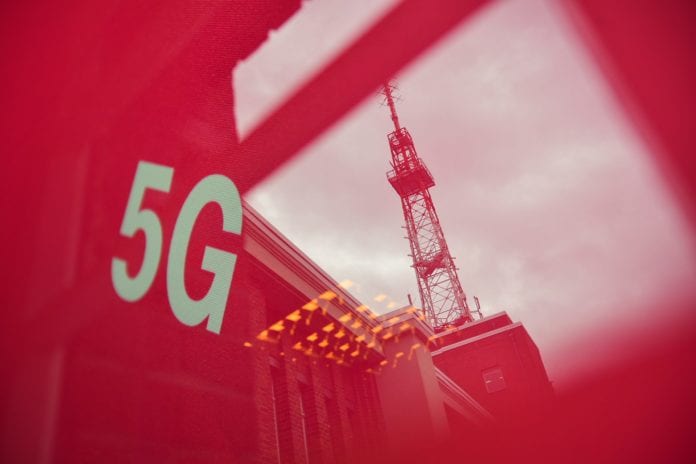Deutsche Telecom said its 5G technology will reach 99% of the population by the end of 2025
German telecom operator Deutsche Telekom said that a total of 11,900 of its 5G antennas in over 900 cities are currently transmitting on the 3.6 GHz spectrum band.
In a release, Deutsche Telekom said it has expanded its mobile service offering at 651 locations nationwide in the last four weeks. Some 87 locations were newly built and are now broadcasting with LTE and 5G frequencies, the telco said.
In addition, the mobile network capacity was increased at 564 existing locations. 5G technology was put into operation for the first time at 69 of these locations, Deutsche Telekom said.
Abdu Mudesir, CTO at Telekom Deutschland, said that the telco’s 5G technology will reach 99% of the population by the end of 2025.
Around 96% of households can already access Deutsche Telekom’s 5G network, while LTE coverage currently reaches 99% of households across Germany.
Deutsche Telekom expects to launch its 5G Standalone (5G SA) offering in Germany this year. In a previous round-up of its network achievements during 2023, Srini Gopalan, CEO of Telekom Deutschland, which is DT’s domestic operator, said the carrier is aiming at offering 5G SA to private customers.
The executive noted that Deutsche Telekom’s business customers are already using the technology with functions such as network slicing for live TV transmission of media or in 5G campus networks for industry and research.
The telco previously highlighted that 5G antennas on the 3.6 GHz frequency are particularly powerful, because they are almost exclusively connected to the transport network with a 10 Gbps connection via fiber optics. The telco noted that the 3.6 GHz frequency band supplements the 5G frequencies in the 700 MHz and 2.1 GHz range, which are already in use nationwide in the Deutsche Telekom network. Especially in densely populated areas, the 3.6 GHz frequencies ensure particularly high download speeds and smooth mobile phone coverage, the carrier said.
Deutsche Telekom has recently made private 5G available in so-called millimeter wave (mmWave) spectrum at 26 GHz for the first time in Germany. It claims the band allows for round-trip latencies of three to four milliseconds and download and upload data rates of more than four and two gigabits per second, respectively. It is offering mmWave support as part of its ‘campus network’ offer, which has until now used the dedicated 3.7-3.8 GHz mid-band spectrum in Germany.
Higher-band mmWave spectrum offers a shorter coverage range, but a higher bandwidth and higher speeds. In Germany, the 26 GHz band has been allocated exclusively by national telecoms regulator BNetzA to enterprises for localized applications by the Federal Network Agency. It can currently only be used for local applications. Deutsche Telekom said it has now trialed 5G frequencies in the mmWave range at 26 GHz with industrial customers.

